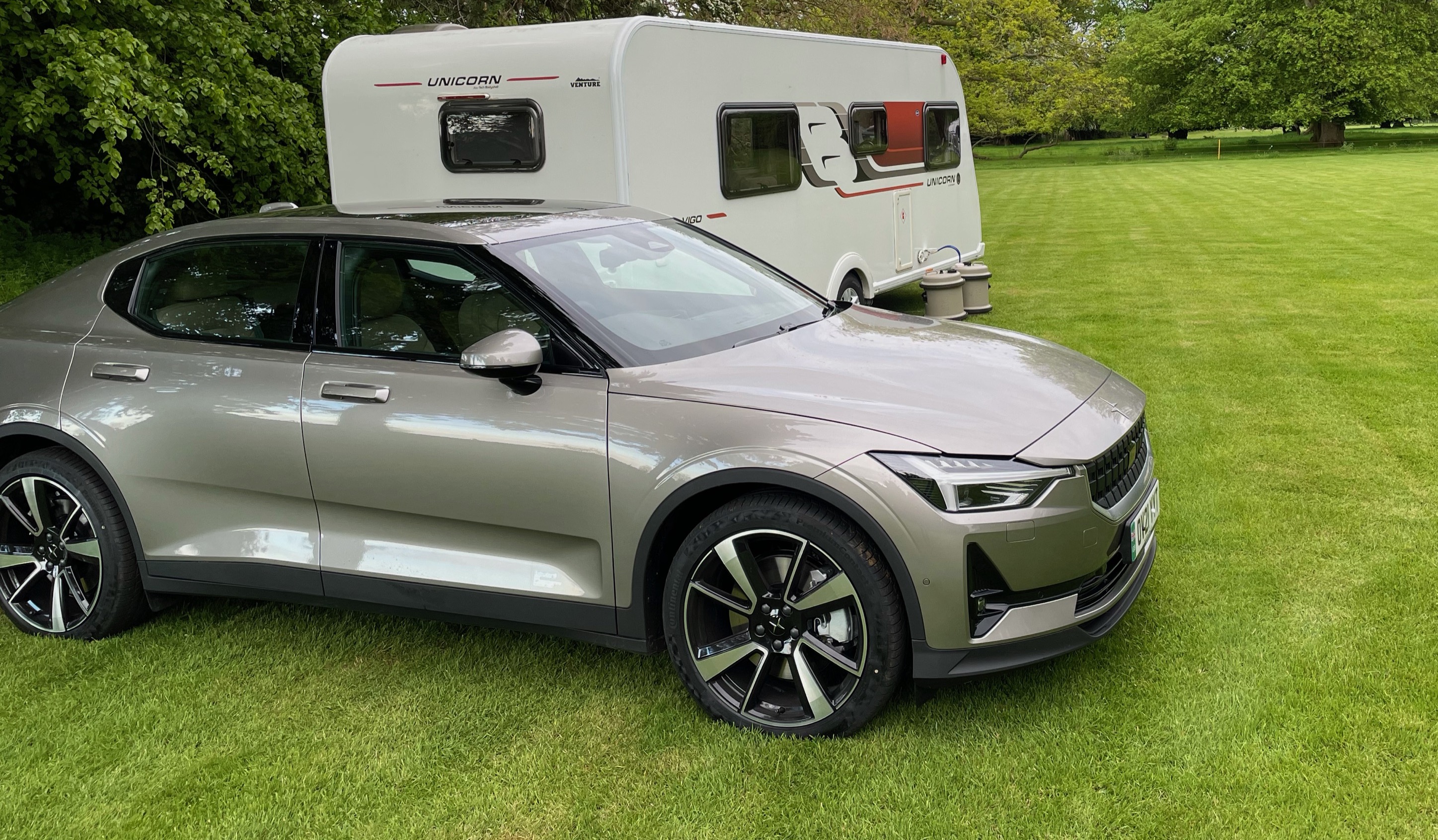NutsyH replied on 28/02/2023 15:16
Posted on 28/02/2023 15:16
If, like me, you have an 1850KG twin axle, go to youtube, search for the channel of Petrol Ped, and watch his test of the biggest BMW EV (£100k ++) towing a Swift T/A from Chichester to Beaulieu. He does a comparison run without the van first.
I don't think the conclusion will surprise you.
Paul










NutsyH
Caravanner